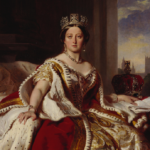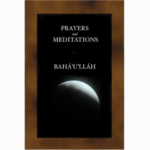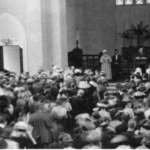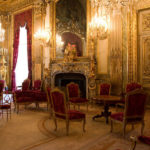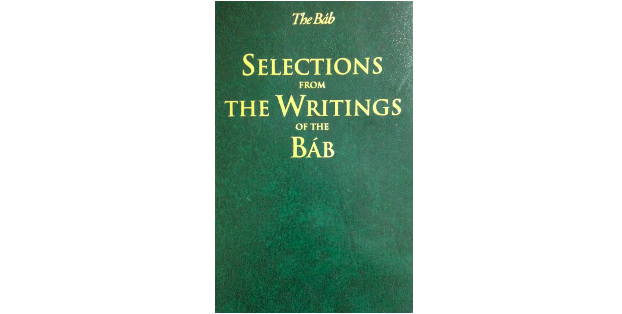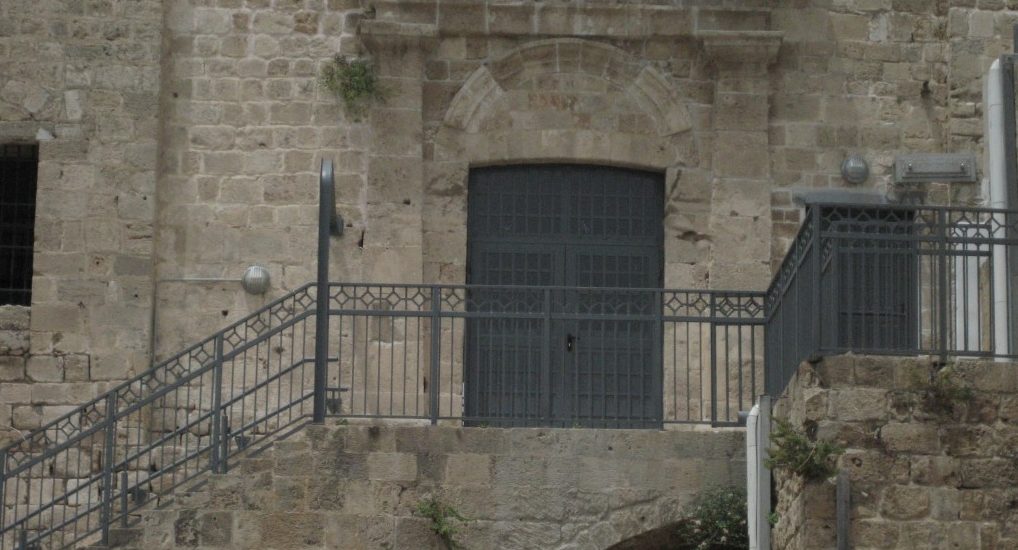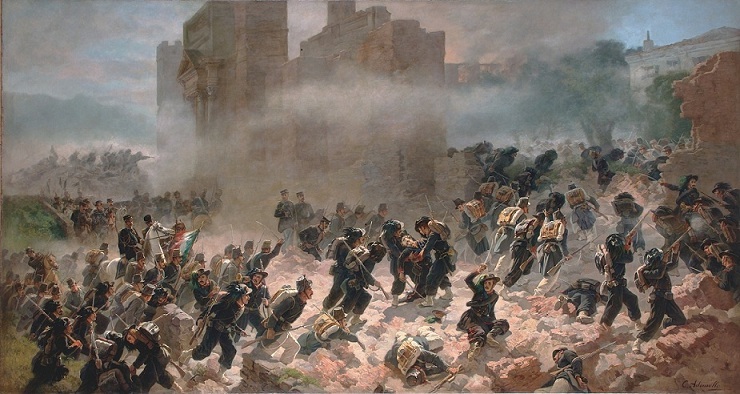
Bahá’u’lláh’s letter to Pope Pius IX
 In 1869, while in Akka, Bahá’u’lláh wrote to the then Pope of the Roman Catholic Church: Pope Pius IX. History does not record any reply. As with other such messages, no reply was expected.
In 1869, while in Akka, Bahá’u’lláh wrote to the then Pope of the Roman Catholic Church: Pope Pius IX. History does not record any reply. As with other such messages, no reply was expected.
The letter is short. It announces Baha’u’llah’s mission in words again unmistakable, although Bahá’u’lláh was a prisoner of the Caliph and Ottoman Sultan.
“Rend the veils asunder. He who is the Lord of Lords hath come overshadowed with clouds“, the message begins, in a clear reference to the signs of the second coming recorded in the Gospels. Bahá’u’lláh continues that he “hath again come down from Heaven even as He came down from it the first time“. He cautions not to “dispute” with him as the Pharisees disputed with Jesus.
The initial passages of the message focus on “knowledge” – from the very first words. The importance of acquiring it – and breaking through veils which obscure knowledge.
Call thou to remembrance Him Who was the Spirit,[Jesus] Who, when He came, the most learned of His age pronounced judgement against Him in His own country, whilst he who was only a fisherman believed in Him. Take heed, then, ye men of understanding heart! … None save a very few, who were destitute of any power amongst men, turned towards His face. And yet today every man endowed with power and invested with sovereignty prideth himself on His Name!
Today we see this very same pattern in respect of Bahá’u’lláh. This is always the pattern.
Recalling the concept we have already seen in the Tablet of Ahmad – Bahá’u’lláh states:
If ye deny this Revelation, by what proof have ye believed in God? Produce it then.
Bahá’u’lláh refers to the imprisonment and abasement he endures that “souls may be released from bondage“. Here also we find a prediction that Baha’u’llah’s message would be heard in the heart of the ocean.
Bahá’u’lláh continues with specific advice to the Pope.
Sell all the embellished ornaments thou dost possess, and expend them in the path of God, Who causeth the night to return upon the day, and the day to return upon the night. Abandon thy kingdom unto the kings, and emerge from thy habitation, with thy face set towards the Kingdom, and, detached from the world, then speak forth the praises of thy Lord betwixt earth and heaven. Thus hath bidden thee He Who is the Possessor of Names, on the part of thy Lord, the Almighty, the All-Knowing. Exhort thou the kings and say: “Deal equitably with men. Beware lest ye transgress the bounds fixed in the Book.” This indeed becometh thee. Beware lest thou appropriate unto thyself the things of the world and the riches thereof. Leave them unto such as desire them, and cleave unto that which hath been enjoined upon thee by Him Who is the Lord of creation.
At the time the letter was written the tides of history had already significantly eroded the temporal authority that had been wielded by the Popes. The Papal States, which had divided Italy and endured for more than a 1000 years been reduced to Rome and the state of Latium around it by the forces of Italian nationalism and unification. Its continued existence depended on the support of French troops. Yet the Pope clung fiercely to the remnants of his temporal sovereignty. Even when no other road was open, the wisdom of Bahá’u’lláh’s words was not evident.
By 1870, pressure was building for the Pope to yield the city of Rome to Italy and to come to a face saving compromise with the Italian state in the form of “protection”. The intermediary was rebuffed:
The Pope’s reception of San Martino [10 September 1870] was unfriendly. Pius IX allowed violent outbursts to escape him. Throwing the King’s letter upon the table he exclaimed, “Fine loyalty! You are all a set of vipers, of whited sepulchres, and wanting in faith.” He was perhaps alluding to other letters received from the King. After, growing calmer, he exclaimed: “I am no prophet, nor son of a prophet, but I tell you, you will never enter Rome!” San Martino was so mortified that he left the next day.[de Cesare, The Last Days of Papal Rome, p 444]
The Pope wrote bitterly to the King of Italy refusing his consent to Italy’s take over of Rome. The Italians hesitated — concerned of the possible reaction of Napoleon III — who regarded himself as the protector of the Pope’s privileges. That same Napoleon III was himself the recipient of a letter from Bahá’u’lláh warning him that his empire would be taken from him.
Within days the news arrived of the defeat of Napoleon III at the Battle of Sedan, and shortly after, his capitulation as Emperor. Not long after in a short five hours of hostilities Italian troops entered Rome:
On the morning of September 21 Pius IX., informed that the disarming of the troops was accomplished at Porta San Pancrazio, that the Papal flag was lowered at Castel San Angelo, that his army and his State no longer existed, wrote this letter to his nephew Luigi, at Senigallia :
” From the Vatican, September 21.
Dear Nephew,—All is over! Without liberty it is impossible to govern the Church. Pray for me, all of you. I bless you.
Pius P. IX.” [de Cesare, The Last Days of Papal Rome, p 459]
In an irony of history, Pope Pius IX, who had been addressed by a prophet who was a prisoner, confessed himself not to be a prophet, and found himself a prisoner. His attempt at prophecy proved to be illusion, while Bahá’u’lláh’s words to him proved prophetic.
Sources:
Bahá’u’lláh’s Tablet to Pope Pius IX
R. de Cesare, The Last Days of Papal Rome
A Taherzadeh, The Revelation of Bahá’u’lláh, Volumef 3, p 110-118
Image: Breach of the Porta Pia of Rome by Italian troops in September 1870 by Carlo Ademollo
(This article is the 128th in a series of what I hope will be 200 articles in 200 days for the 200th anniversary of the birth of Bahá’u’lláh. The anniversary is being celebrated around the world on 21 and 22 October 2017, The articles are simply my personal reflections on Bahá’u’lláh’s life and work. Any errors or inadequacies in these articles are solely my responsibility.)

